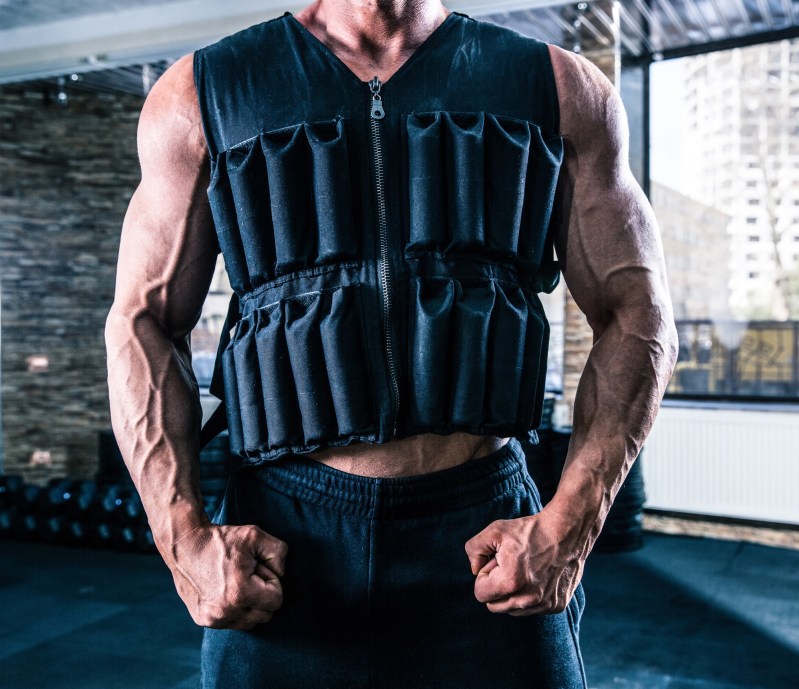Rucking has continued to pick up steam in recent years as people search for more interesting and effective ways to get moving and burn calories. Rucking involves walking in the great outdoors wearing a weighted rucksack on your back. Research shows the benefits of rucking, from improving muscular power and oxygen intake to burning more calories and lifting your mood. Recently, researchers wanted to understand whether walking in a weighted vest could burn body fat. Let’s take a look at the study.
The study

In a recent study published in The Lancet, researchers examined how additional weights impacted fat loss and the leptin hormone. Your leptin levels are directly related to your body fat percentage. Your body releases leptin to help regulate your hunger and give you a full feeling to prevent overeating. Leptin was only discovered in 1994. Leptin resistance leads to feelings of hunger that urge you to eat more even though your body has sufficient fat stores.
In previous animal studies, the researchers found that increased loading using weight capsules reduced body weight and fat mass in rodents. Now, they wanted to see if additional weight loading would also lower body weight for obese humans.
The study methods

The researchers studied 69 healthy adults with mild obesity and split them into two groups: those receiving a light load and those receiving a heavy load treatment. In the heavy load group, individuals wore 11kg weighted vests; in the light load group, individuals wore 1kg weighted vests. Both groups wore weight vests that were identical in appearance and from the same manufacturer. They used the weight vest for at least eight hours every day for three weeks and were told to continue their usual lifestyle activities.
Participants reported the daily time they wore the weight vest and how long they used the weight vest while standing. They were also told to fill out weekly dietary food questionnaires. For the study, individuals stood wearing the weight vest for an extra duration every day. The researchers took measurements using bioelectrical impedance analysis at the start and end of the study.
The results

The results indicated that the heavy load treatment reduced body weight by 2.9 lbs. on average compared to the light load group. Participants lost three pounds of fat in those three weeks without losing muscle mass. Over three weeks, the heavy load group experienced a significant bodyweight loss of 1.68%, but this didn’t occur in the light load group.
The takeaway

More research is needed, but this study indicates that a heavier load is more effective for lowering body weight and fat mass than a lighter load. The researchers state that increased loading leads to increased energy expenditure, which is what helps fuel the loss of body weight and fat mass.
If you’re looking for ways to amplify your workout results, trim the waistline, and shed pounds, it’s worth using a weighted vest or a weighted rucksack in your workout or walk. Try rucking with a friend or somewhere new. You could even wear a weighted vest or rucksack when you’re doing household chores or walking around your house.




